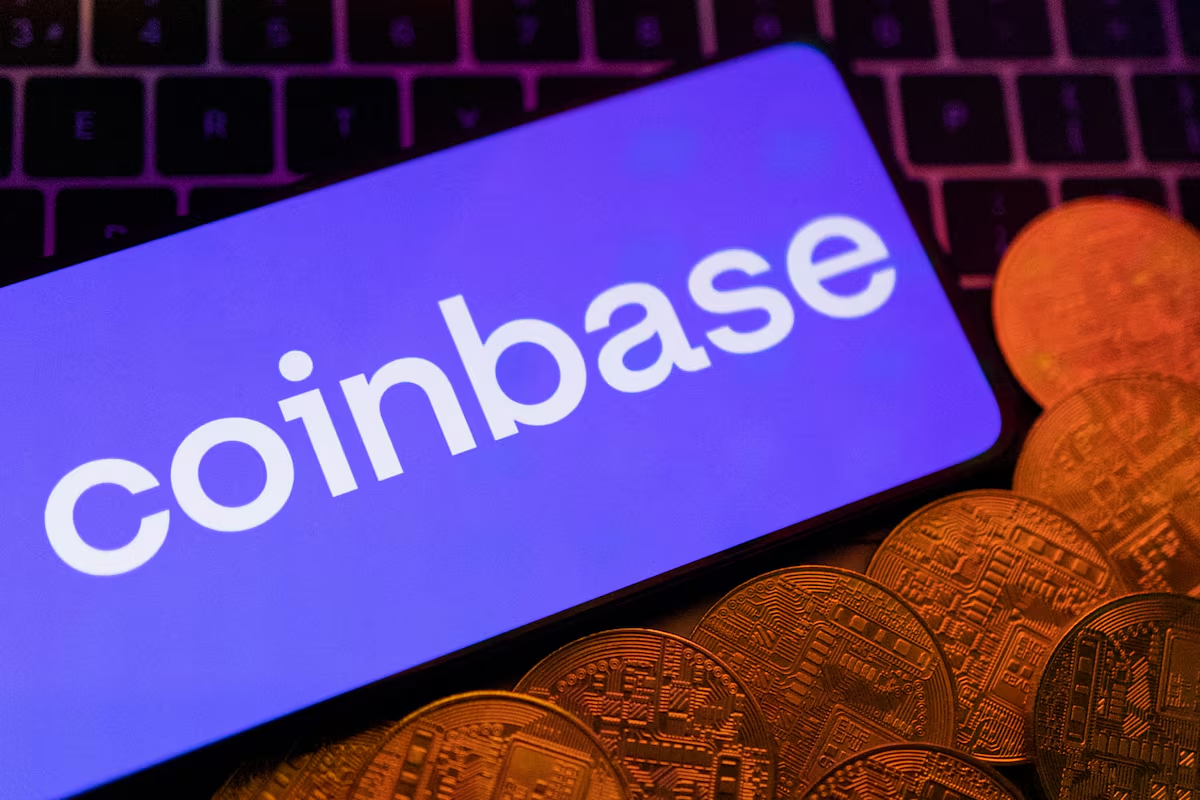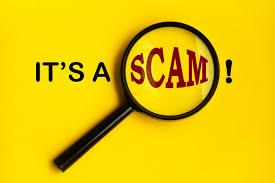
Coinbase Scammed
Coinbase Scammed: How You Can Protect Yourself
Coinbase Scammed: Cryptocurrency offers an interesting new frontier for financial boom and innovation. However, as with each burgeoning organizations, it’s ripe with opportunities for scams and fraudulent activities. If you’re a cryptocurrency fanatic, you’ve likely heard whispers and rumours about Coinbase-related scams.
In this article, we’ll clarify these issues, discover commonplace scams focused on Coinbase crypto, and offer actionable pointers to shield your belongings.
Scams targeting Coinbase Users
1. Phishing Scams
Phishing entails fraudulent attempts to get information like personal keys by pretending to be a safe person. Those scams regularly occur through:
Emails:
Fake emails that mimic valid Coinbase communication, urging you to click on malicious links.
Fake websites:
Clone websites that look the same updated Coinbase’s legit web page. While you enter your credentials, scammers access your account.
SMS Messages:
Textual content messages that spark off you instantly act by clicking on a link.
2. Fake Support Representatives
Scammers often pretend to be Coinbase support dealers. They will reach out via social media, emails, or maybe smartphone calls, claiming up-to-date assistance remedying account troubles. Their aim is to get your account records or make un-authorized transactions.
3. Giveaway Scams
Fake promotions that promise to multiply your cryptocurrency if you ship a certain amount to a designated wallet address are rampant. These are conventional bait-and-transfer schemes in which the scammer vanishes after obtaining your cryptocurrency.
4. Funding Scams
A few scammers pose as funding advisors, promising high returns on up-to-date investments. They regularly use sophisticated processes and even create fake testimonials. When you switch your budget, you never pay attention to them again.
How to protect yourself from Coinbase Scams
1. Be wary of Unsolicited verbal exchange
Coinbase will not ask for passwords, 2FA codes, or private keys through email, social media, or telephone calls.
2. Affirm URLs
Check the URL of the website you’re using. Legit Coinbase URLs always start with https://www.coinbase. Com/.
3. Teach yourself
Stay knowledgeable about contemporary scams and security measures. Coinbase regularly updates its weblog and assists the center with statistics on how to protect your account. Joining crypto forums and communities can also provide valuable insights and warnings.
4. Use precise, sturdy Passwords
Use a unique and complex password for your Coinbase account. Avoid using the same password across multiple systems.
5. Frequently screen Your Account
Keep a close eye on up-to-date account hobbies. Regularly evaluate transactions up to eateries and, without delay, document any suspicious hobby updated Coinbase support.
6. Safe devices
Ensure your laptop and cellular devices are protected by the latest antivirus software.
Conclusion
While Coinbase itself is a relaxed and authentic platform, the character of the crypto enterprise makes it a prioritized target for scams. Staying vigilant and following the fine practices mentioned in this post can appreciably lessen your risk of falling victim to these schemes. However, the key to navigating the crypto global correctly is continual training and proactive safety features. Stay knowledgeable, stay careful, and revel in the thrilling adventure that cryptocurrency offers.
If you’ve found this post beneficial, consider sharing it with other cryptocurrency fans. Together, we can create a more comfortable and informed network.



